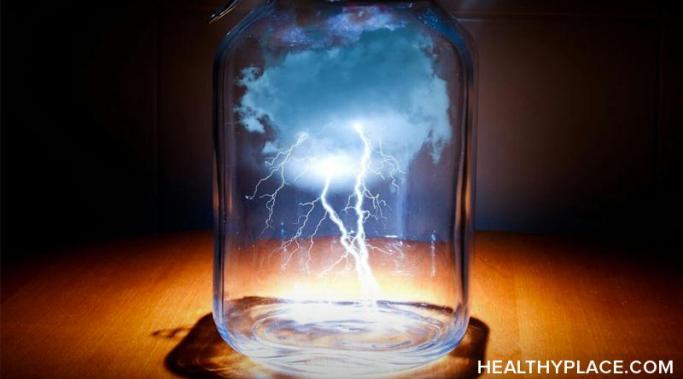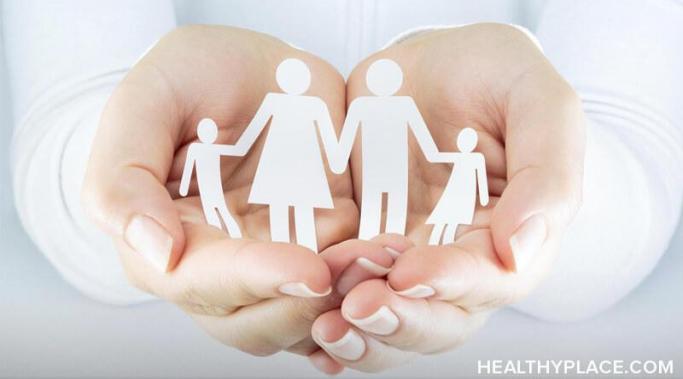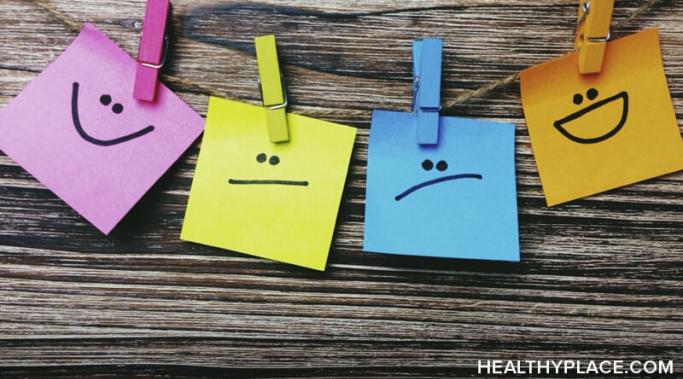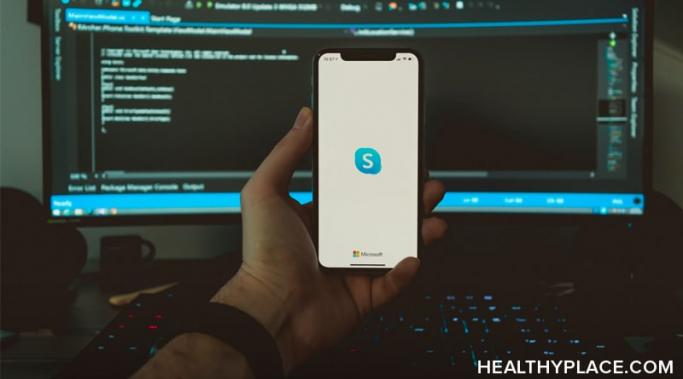For someone with borderline personality disorder (BPD), a complex emotion like jealousy in relationships can be particularly intense and pervasive. I'm afraid of how jealousy tends to impact my relationships and self-perception. But these days, I strive to question its origins and implications. Here's how I've handled jealousy in relationships with borderline personality disorder.
More than Borderline
Improving interpersonal communication with borderline personality disorder (BPD) can be a lifelong task. For me, interpersonal communication with BPD becomes a battleground where the stakes are high. One misstep could lead to unintended consequences, exacerbating my BPD symptoms.
For those grappling with borderline personality disorder (BPD), the aftermath of a BPD breakup can feel excruciating. The aftermath of a BPD breakup isn't just about saying goodbye to a partner; it's a deep, existential unraveling. The experience of a BPD breakup is akin to mourning a death, where I am forced to confront the fragments of myself and painstakingly rebuild from the ground up. After a BPD breakup, I've not only lost a loved one, but I've also lost myself.
Code-switching in borderline personality disorder (BPD) is something I've been trying to understand lately. I know so far that it's a survival strategy I've clung to in a reality where the threat of rejection casts its shadow over everything.
Softening the impact of borderline personality disorder (BPD) triggers means creating a buffer against the onslaught of emotional turbulence. For instance, rather than succumbing to impulses, I channel my energy into soothing activities like taking a warm bath, and I substitute self-harm with self-nurturance. Yet, life isn't always so neatly compartmentalized. There are moments when triggers ambush me mid-sentence, and the simple rituals of daily life offer little sanctuary. In these instances, my anchor is in the art of coping ahead to soften the impact of BPD triggers.
Opening up about borderline personality disorder (BPD) symptoms can present unique challenges, and disclosing this condition to immigrant Filipino parents adds another layer of complexity. My BPD symptoms include intense mood swings, fear of abandonment, and unstable self-image. Opening up about my borderline personality disorder symptoms with parents who come from a culture and generation that stigmatizes mental health issues is a delicate and, at times, painful process.
Growth milestones for borderline personality disorder (BPD) recovery have been a gratifying evolution. Tracking my progress is like observing a baby's journey from crawling to walking and talking. This perspective has softened my self-judgment about living with mental illness, as I tend to be hard on myself. Growth milestones in BPD matter.
The road to recovery from borderline personality disorder (BPD) has been a tumultuous journey. You will get no arguments here. Life might be a tad smoother minus the BPD baggage, but catching those glimmers of hope and progress on the journey to recovery from BPD? That's where the real soulful rewards lie.
As someone living with borderline personality disorder (BPD), unanswered text messages can feel agonizing. Living in a digital age where communication is often instantaneous, the absence of a response to a text message can trigger anyone. For us with BPD, the fear of abandonment and sensitivity to perceived rejection can intensify these emotions, leading to heightened distress. I will explore why unanswered text messages may dysregulate someone with BPD and offer personal strategies to help overcome anxiety by considering alternative perspectives.
Borderline personality disorder (BPD) and relationships can pose some unique challenges. The constant fear of rejection looms around every corner, making it difficult to fully embrace the positive moments that relationships bring. Even when surrounded by love and support, the fear of impending abandonment can act as a barrier, preventing the full enjoyment of the positive aspects of a relationship. This struggle underscores the complexity of managing BPD within the context of interpersonal connections.









